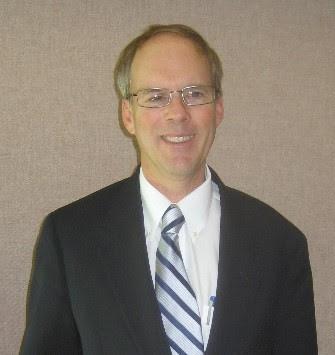COVID-19 Message From DOE Earth and Environmental System Modeling
Dear everyone,
We are in unprecedented times with this pandemic, and we anticipate that the interruptions that we are facing may continue for some time. Our National Labs have shut down most operations; field campaigns have been postponed; and universities are unable to provide the same level of institutional support that you are accustomed to having. Similarly, DOE staff are operating in a virtual space. On top of the stresses on our personal lives during this period, the pandemic has also introduced stresses that affect our scientific lives. We in DOE recognize that many of these stresses introduce uncertainties in the success of some projects, and we are willing to be creative to help mitigate where we can.
So, here are my messages to you.
First, our goal in funding your research projects is that the resources provided from our office leads to cutting-edge new discoveries, and the science that you produce informs DOE challenges as well as informing future priorities in DOE. To assist you in accomplishing your (and our) research goals, we have extended FOA deadlines and continue to grant extensions and flexibilities to other deliverables such as for facility proposals. If you are having difficulty meeting deadlines that we have imposed, please feel free to discuss with us. In short, we are trying our best to ensure that you have the support you need to make your activities successful.
Second, we have all witnessed a major interruption of scientific work during the past month, and this will likely continue for some time. To illustrate, our facilities (e.g., ARM and EMSL) have shifted to limited operations; and the large meetings that we organize to promote collaborations and community engagement have been delayed or cancelled (such as the DOE Environmental System Science PI meeting moved to next year). These decisions by DOE and the labs are to put our collective health and well-being first. For those of you who feel that your project’s scientific goals might be negatively impacted by these interruptions, be advised that we in DOE will make a special effort to make accommodations where we can. You should reach out to your Program Manager to discuss ways that we can help you achieve your project’s objectives.
Third, we as scientists are faced with the same constraints as the rest of society—social distancing, stay at home, family obligations, and extra attention towards minimizing the spread of infection. These are tough complicated times affecting our work-life balance. However, if you have those spare moments available, a suggestion might be to focus on wrapping up those unfinished manuscripts, exploring creative angles to existing or new problems, and/or brainstorming innovative ways to map out the future of science. Our Program Managers are here to work with you, and feel free to reach out to them or to me.
Finally, besides being role models within the scientific community and the regions where you live, you are valuable to your family, neighbors, colleagues, and all of us here at DOE. And we will get through this period together, we are all on the same team working to advance science and the successful careers that go with it. Thank you for everything you do!
Gary Geernaert
Director, Climate and Environmental Sciences Division
Office of Biological and Environmental Research
U.S. Department of Energy

